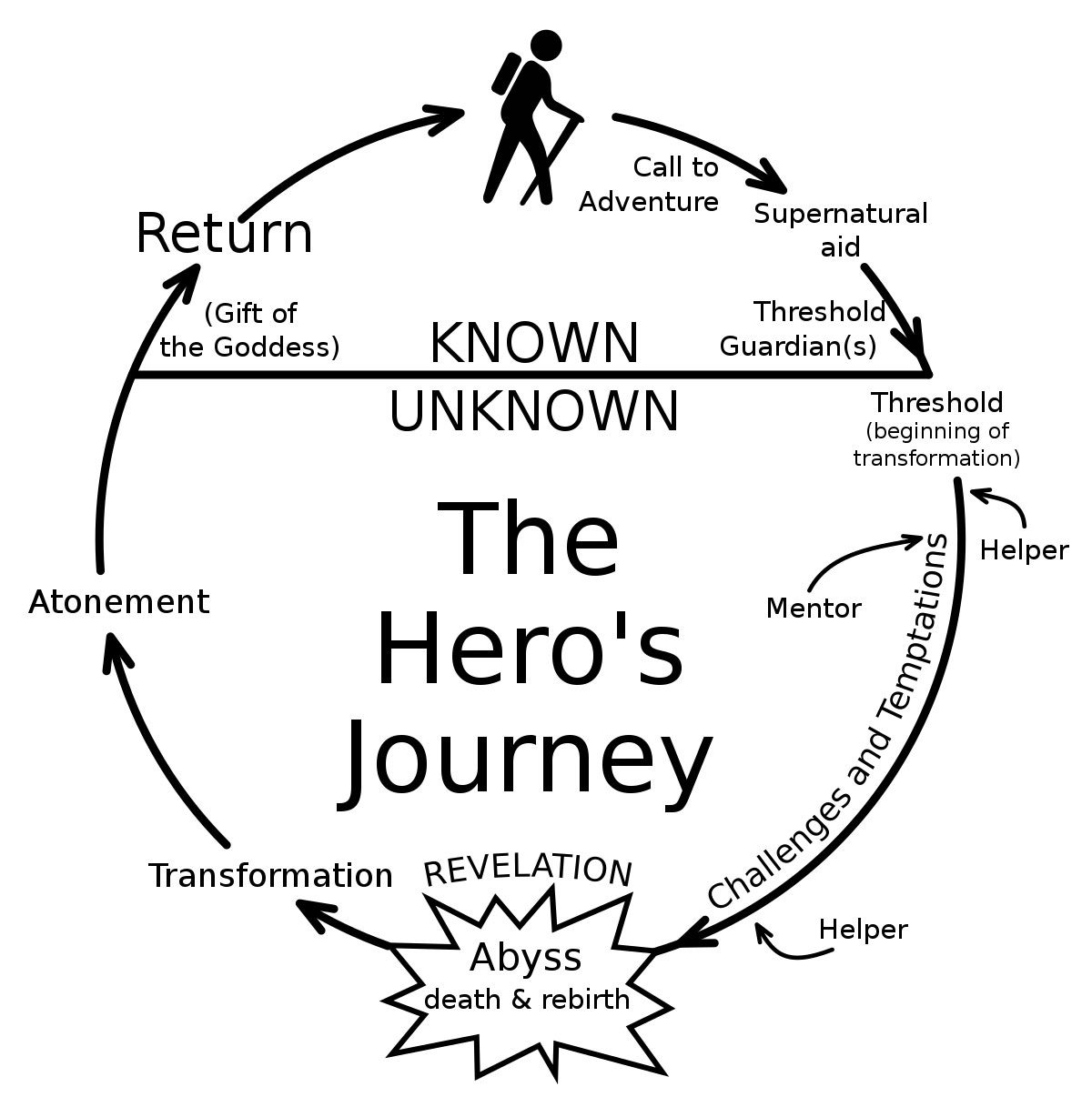Today began with a pleasant trip to Goolwa planned, where I was to deliver a workshop on storytelling structures for tourism marketing for Business Alexandrina and the Tourism Industry Council SA.
I'd been anxiously looking forward to this presentation because it was the first time TiCSA had chosen me to deliver a talk instead of my arch-competitor, Patricia Brackish.
But just as I turned into the main road to get me to my destination, I got trapped in the biggest traffic jam I'd ever seen in Adelaide. It extended 3km along Portrush Road and up for the first part of the Southern Expressway.
What was going to be a comfortable trip with 40 minutes to spare, suddenly became a voyage into panic with no telling whether I'd make it on time or not.
I imagined the disappointment and frustration among the organisers and the nervous participants who were poised to get my last minute insights to help them write award-winning tourism award entries; many of their businesses were depending upon a win or a place to boost their revival after the doldrums of Covid.
While I started probing my navigation system for alternative routes, my phone rang, and soon my hands-free carried the voice of Rebecca from TiCSA, letting me know that my timeslot just got moved forward.
Well, it didn't really happen like this but I wanted to amp up the intrigue because had my trip turned into an ordeal, it would be important to weave these factors into the story to draw us in.
The human mind is a story processor
As my colleague, David Olney, is always quick to remind me, psychologist, Jonathon Haidt tells us, "the human mind is a story processor, not a logic processor."
This means we're geared to learn (and remember) things through the format of "story".
Cognitive scientists have revealed to us that our minds use certain methods to gather and remember experiences, usually by attuning to the personal objective or desire or goal at the heart of a quest, and then focussing on the struggle against forces trying to block success.
In the talk, I used Superman is a great example.
With Superman's powers to fly and leap tall buildings, to bend metal with his bare hands, and to use x-ray vision, there'd be no stopping him were it not for Kryptonite.
This green crystal from his home planet weakens his powers, thus opening the door for villains and circumstances to level the playing field against our superhero.
Without Kryptonite, a Superman movie would be over in five minutes and his comic books would not be worth reading.
Such is the case for our marketing stories.
If we're willing to be vulnerable enough to share the "Kryptonite" we had to deal with on our way to success, we're going to draw people in to want to know more.
Successful storytelling structures follow the hero's journey
Joseph Campbell is famous among writers and movie producers for his model of the hero's journey.
Classic stories like Star Wars, follow this model perfectly.

The point I made in the workshop was that we had to introduce our challenge, our Kryptonite, early in our stories, so that our readers or viewers or listeners had a chance to process our information as "story" and not just as a laundry list of features and benefits.
Remember, we are more likely to "remember" stories compared to information delivered in other formats. So it is worth the effort.
But where do we start?
Well, apart from the key facts, there are certain story themes that David Olney has drawn attention to in his paper, The Role Of Storytelling In Marketing. Let's look at them.
Themes of storytelling well suited to tourism marketing
Among the seven themes of storytelling distilled by Williams et al (2020), there are four that sit comfortably within reach of tourism operators.
Here they are, as shared this morning.
Craft: Something valuable, lost in world of mass manufacturing.
Innovation: Related to crafted by usually in terms of making something good even better.
Origin: People are curious about the values and consistency of brands.
Provenance: Tap into already established stories.
Armed with an understanding of Joseph Campbell's hero's journey and picking a theme that resonates most closely with your story (hint: it might be more than one theme), I encourage you to experiment with the ways you tell the world about why you're here and how you managed to be here to serve us.
And hopefully you'll live happily (and prosperously) ever after!

